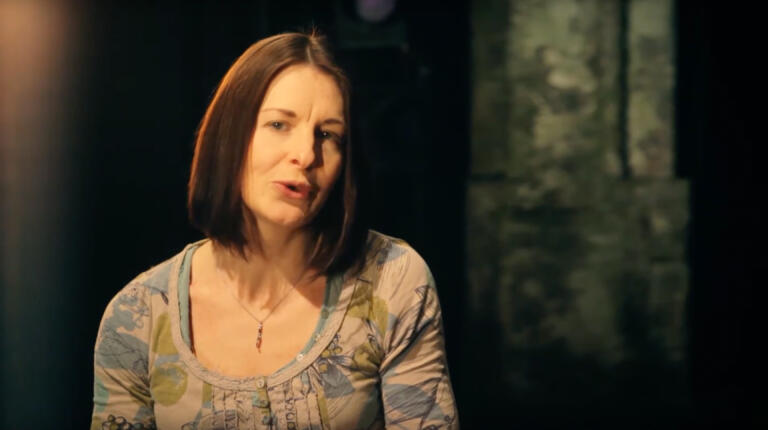Props Supervisor
Role
Working alongside a Designer and Production Manager, the Props Supervisor is responsible for managing the making, purchasing, altering and hiring of all ‘properties’ for the production.
A prop is not only an object that is handled by an Actor, it can be anything that is on stage, including: furniture, set dressing, soft furnishings, light fittings and essentially anything that is not the physical set or worn as an item of costume.
Responsibilities
- Ensuring props are appropriate to the overall production design, both in appearance as well as functionality
- Creating a costing and managing expenditure to ensure the cost of making and purchasing the props is within the agreed budget
- Supervising Props Team, which could include Props Maker, assistant and buyer and ensuring that all deadlines are met
Key Skills
Training
Various Prop Making courses and degree programmes are available within drama schools. People often study one-year post A-level Art Foundation prior to studying Props, which gives the learner a wide range of art skills. Courses such as Stage Management and Technical Theatre Arts that have Prop Making as a core subject provide an invaluable overview to the theatre industry as a whole.
People without formal training can create a portfolio showcasing props and models they’ve made, which they show to prospective employers. Existing skills can be developed and new ones acquired on-the-job, working alongside more experienced Prop Makers.
Courses
Other courses are available. Those above represent a sample from various drama schools and universities.
Further Reading
- The Prop Builders Molding and Casting Handbook by Thurston James, 1989
- Making Stage Props – A Practical Guide by Andy Wilson, 2003
- Scenic Art and Construction: A Practical Guide by Tim Blaikie and Emma Troubridge, 2002
- Stage Design: A Practical Guide by Gary Thorne, 1999
- Stage Design and Properties by Michael Holt, 1993
